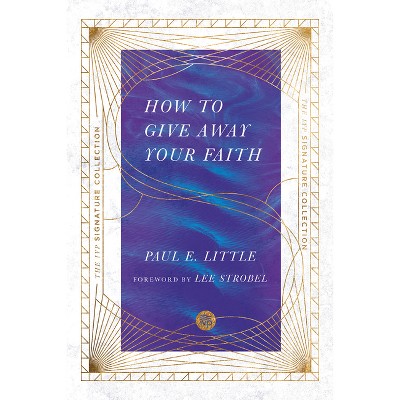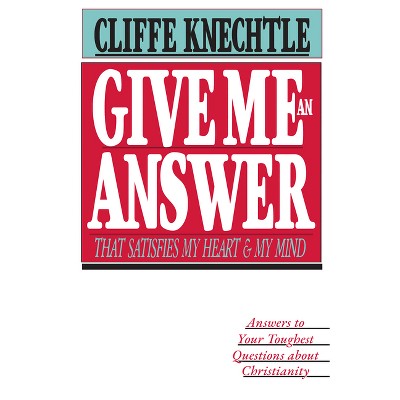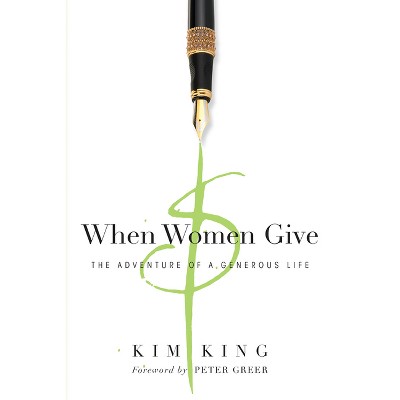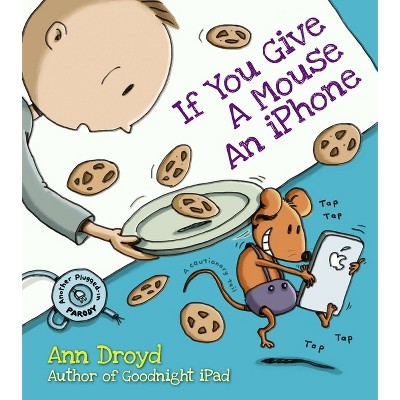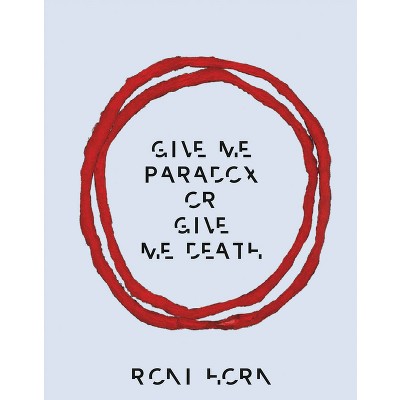About this item
Highlights
- Modern mission theory is guided largely by the three self paradigm that suggests indigenous churches can only be healthy if they are self-governing, self-propagating, and self-supporting.
- About the Author: Rev. John Rowell received his undergraduate college education in California and began his business career as a Certified Public Accountant working with Arthur Young Company.
- 262 Pages
- Religion + Beliefs, Christian Life
Description
About the Book
John Rowell sets out a program that will enable affluent churches in the West to give generously across cultures without fear of promoting dependent, hierarchical relationships.
Book Synopsis
Modern mission theory is guided largely by the three self paradigm that suggests indigenous churches can only be healthy if they are self-governing, self-propagating, and self-supporting. Consequently, Western missionaries, their churches, and their agencies have been increasingly indisposed to giving generously. We must rethink the interplay of dollars dependency and what it means to do the right thing with our money as we pursue twenty-first century missions. This book answers the questions whether Westerners ought to give or not to give in support of global evangelism and encourages maximum generosity as the path most reflective of God's heart on the matter.
Review Quotes
"As a former CMA missionary for twenty-five years and denominational mission executive for five more, I have observed the pendulum swinging back from policies discouraging financial assistance to national churches to a more pragmatic approach consistent with principles of partnership and compassion. John Rowell's scholarly work will assist mission agencies and churches to bring this topic boldly back on the table and provide the verbal tools to enter into effective dialogue. To Give or Not to Give? is a must-read for anyone responsible for the distribution of mission finances."
--John A. Harvey, First Alliance Church, Toccoa, Georgia"In To Give or Not to Give? John Rowell takes on long-standing premises that have guided the fi scal aspects of world missions for more than a century. His book shares a new and, I believe, a more biblical approach to funding world evangelism. The reading and digesting of this book will add a new dimension to global outreach--a dimension that could revolutionize the way we do world missions."
--Kenneth M. Meyer, Trinity International University"John Rowell is to be thanked for tackling one of the most intractable challenges facing the post-Constantinian missionary enterprise from the West. His book is the best that I have seen on the subject of dependency. To Give or Not to Give? deserves to become required reading for church leaders and mission committees, mission policy makers and missionaries, missiologists and missionaries-in-training."
--Jonathan J. Bonk, Overseas Ministries Study Center"John Rowell's treatise is a welcome call for twenty-first century leaders to overcome the drawbacks of dependency by urging us toward true partnership and healthy expressions of mutual support. He connects both with a profound argument for a return to simple generosity and a spirit of covenant commitment. I am convinced his perspective is missiologically sound and theologically based--a practical approach to advancing world missions that we can all learn from. I have watched the principles expressed in To Give or Not to Give? Work in practice since we began partnering with John Rowell fifteen years ago. Based on my experience, it is easy to commend his challenges to church and mission leaders everywhere."
--Damir Spoljaric, The Evangelical Church of CroatiaAbout the Author
Rev. John Rowell received his undergraduate college education in California and began his business career as a Certified Public Accountant working with Arthur Young Company. He has also worked for several large corporations including a Fortune 500 multi-national company. He was deeply involved in disciple-making ministries before beginning his transition from the business world toward full time vocational ministry in early 1978. John is an ordained minister in the Evangelical Free Church of America and serves on the Executive Board of Directors for Food for the Hungry (US). He also directs a consortium of more than thirty US churches committed to working to build a church planting movement in Bosnia.Shipping details
Return details
Trending Poetry







